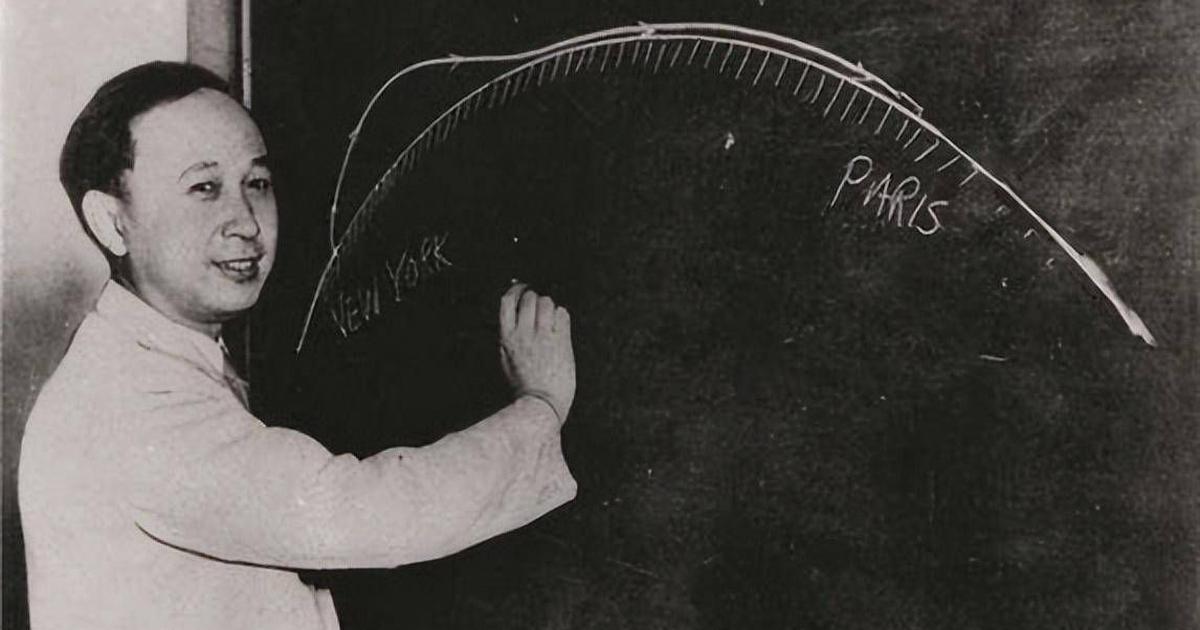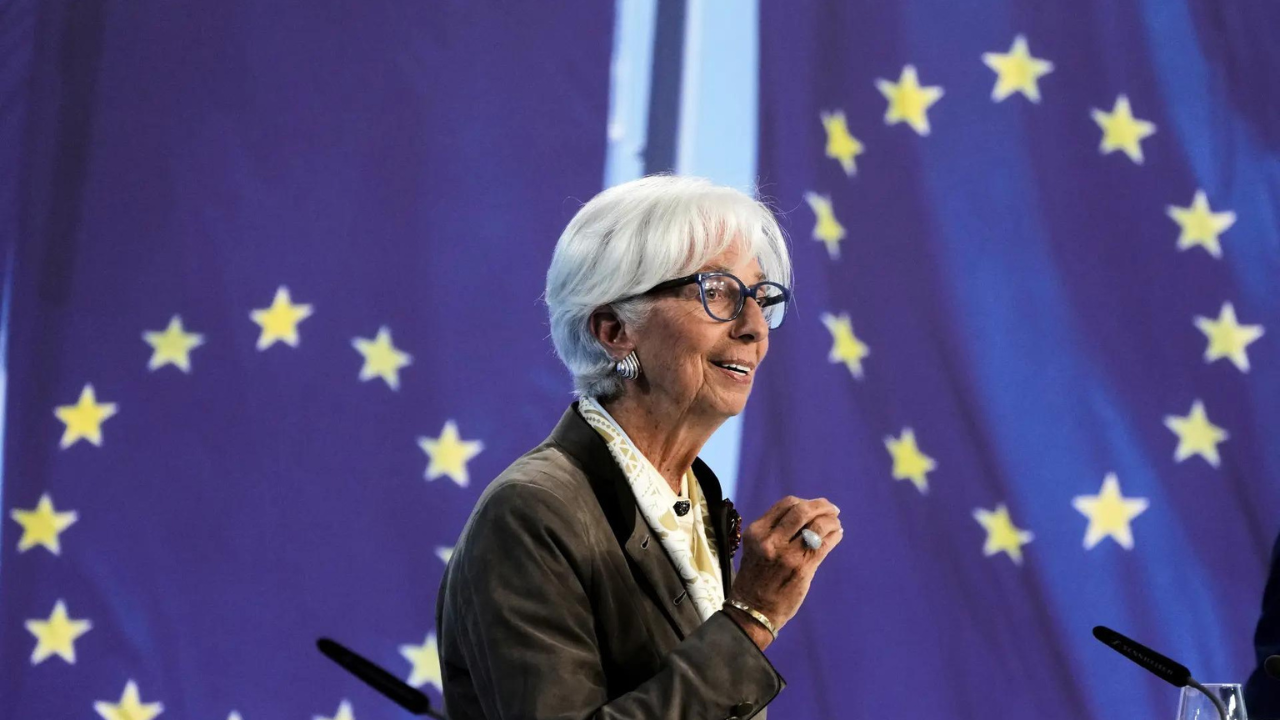China’s space programmes are key to its global leadership ambitions, suggests an essay in a new book

Join our WhatsApp Community to receive travel deals, free stays, and special offers!
- Join Now -
Join our WhatsApp Community to receive travel deals, free stays, and special offers!
- Join Now -

For centuries, the eternal wonder surrounding the stars and planets in the heavens helped nurture thoughts about the possibility of human space travel. Thus, in the 20th century, when the Sputnik satellite was launched by the Soviet Union in 1959, it was the first foray into space. As the world watched closely, the politico-ideological Cold War rivalry between the two superpowers triggered the competition to prove their technological superiority. When Yuri Gagarin became the first human in space by orbiting the earth in the Vostok 1 capsule in April 1961, and Alan Shepard of the US followed suit less than a month later in the Mercury spacecraft, the race for space had officially begun. In the 21st century, with the enormous progress and potential in the space-related fields of science, technology, economy and military, it has become a major arena for showcasing national prowess and geopolitical power. Though many nations – including India – have emerged as serious stakeholders, China is committed to replacing the US as the dominant player, if not the hegemon of the tiān táng or heavens. In the absence of international policies and regulatory mechanisms to ensure peace, the militarisation of space has already begun with...
Read more
What's Your Reaction?
 Like
0
Like
0
 Dislike
0
Dislike
0
 Love
0
Love
0
 Funny
0
Funny
0
 Angry
0
Angry
0
 Sad
0
Sad
0
 Wow
0
Wow
0























































